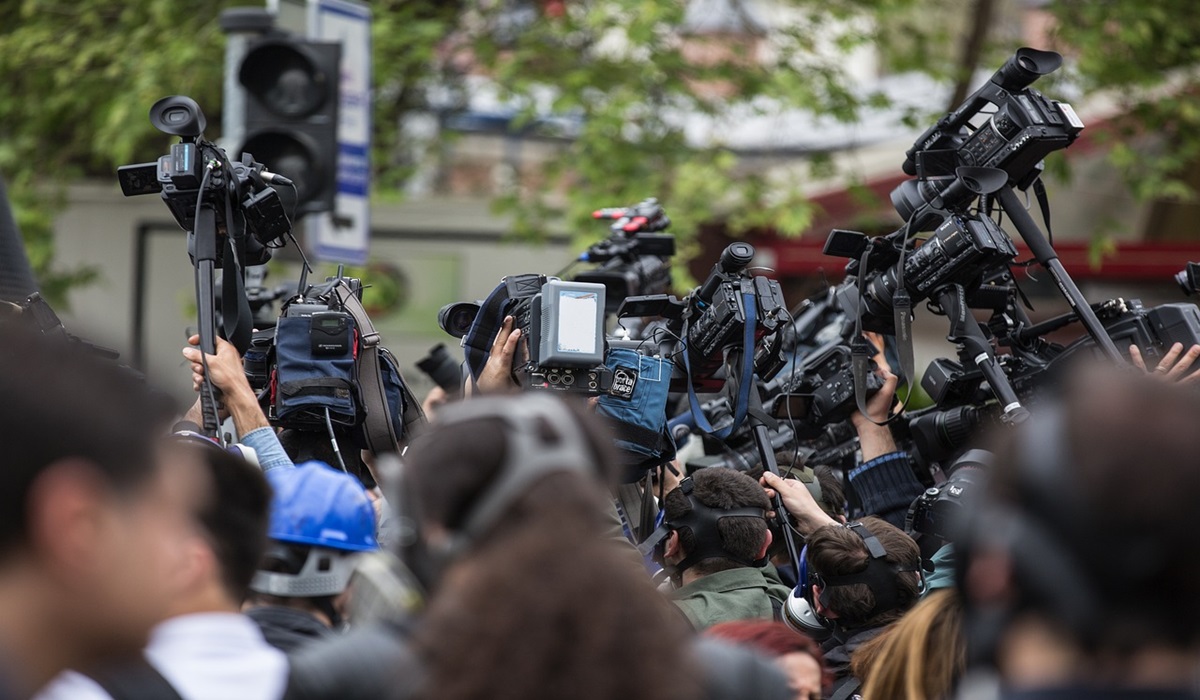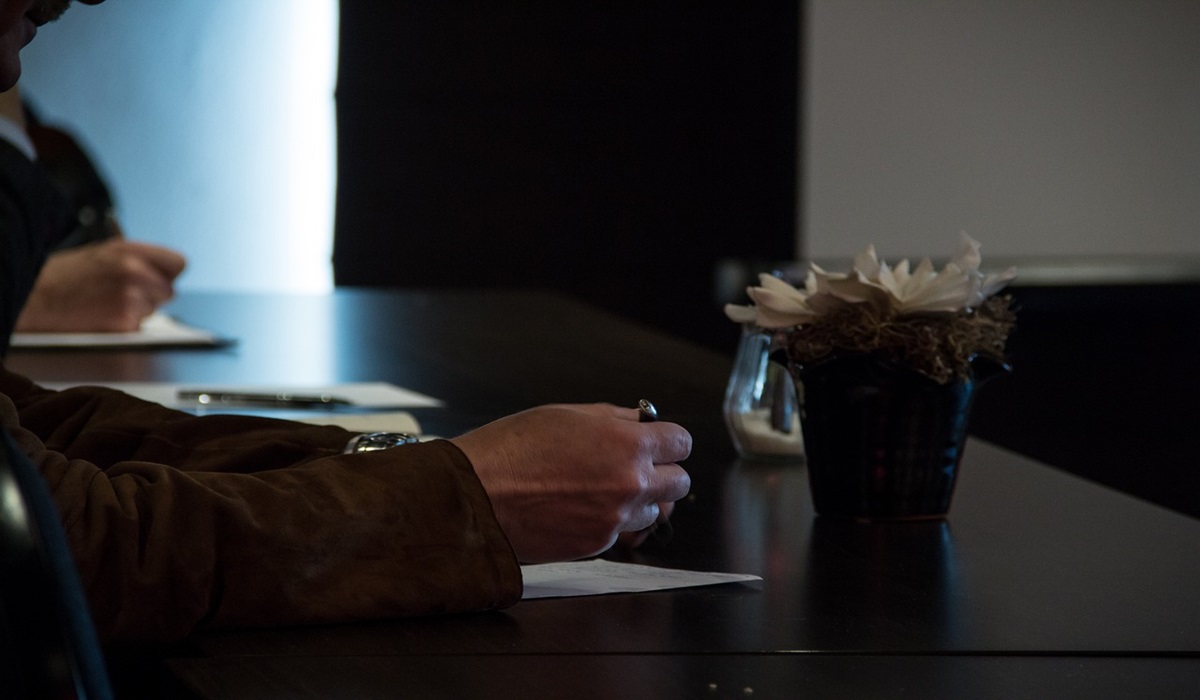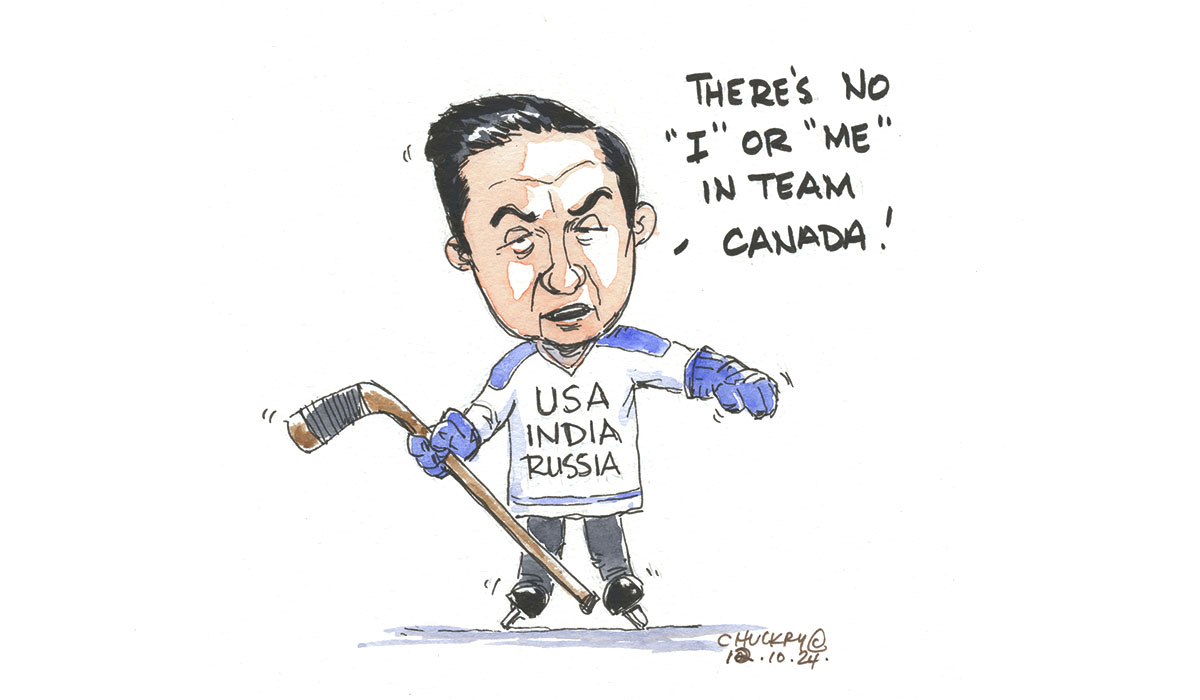Image Credit, Engin Akyurt
The media has long been heralded as the Fourth Estate, a crucial pillar of democracy tasked with holding power to account and ensuring transparency for the public good. In an era dominated by keyboards rather than pens, the responsibility of journalists to act as guardians of truth has become both a privilege and a burden. Nonpartisanship and diplomacy are essential for maintaining credibility when covering political figures, as even the faintest hint of bias can erode public trust. However, there are moments when neutrality must give way to sharp, incisive scrutiny—when politicians step out of line, spout egregious falsehoods, or embroil themselves in scandals that betray public trust.
In these instances, the media’s role is not to tread lightly or offer diluted critiques but to wield the metaphorical pen as a sword. Politicians who misuse public funds, peddle lies, or engage in behavior unbecoming of their office must not be allowed to act with impunity. To let such actions slide under the guise of neutrality is a dereliction of journalistic duty. Public officials—whether elected or appointed—are entrusted with power by the people, and when they abuse that trust, it is the media’s obligation to expose their misconduct with unwavering resolve.
Yet, this is not a call for partisanship or sensationalism. The power of the press lies in its ability to present facts with clarity, provide context without prejudice, and demand accountability without fear. The checks and balances inherent in democratic systems often face bureaucratic hurdles, leaving citizens disillusioned by the slow grind of recalls or judicial proceedings. In such a landscape, journalism serves as a vital counterweight, a voice for those who feel silenced and a force that can compel change.
When the mighty keyboard is wielded with precision and integrity, it becomes a tool of justice, capable of toppling those who have forgotten the responsibility they bear. Politicians may try to spin narratives, deflect blame, or evade scrutiny, but a relentless and principled press ensures that no one remains above reproach. It is through this vigilant oversight that democracy is preserved, and public trust is restored.
The media must remember that its power lies not in favoritism or allegiance but in its unwavering commitment to the truth. And when the truth demands action, journalists must rise to the occasion, unflinching in their pursuit of accountability. To do any less is to fail the people they serve.









